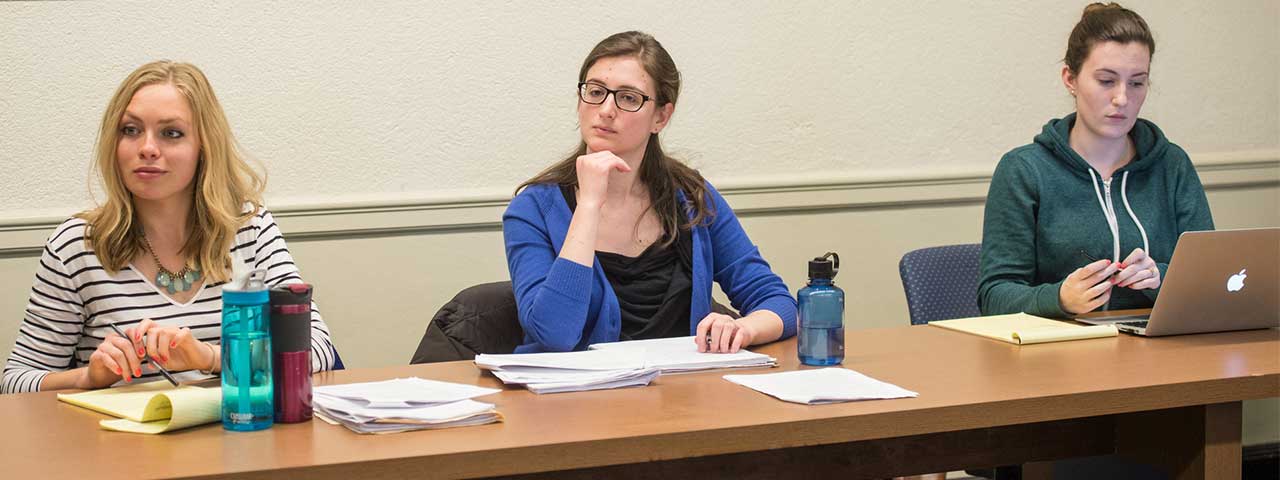Shape the Future of Politics and Governance
Master of Arts in Political Science

Degree Requirements
The M.A. degree requires a total of 30 graduate credits, including:
- one methodology course
- nine graduate-level courses in political science or other fields of interest, upon approval from the graduate studies director
Sample Courses
As a master’s student, you will have multiple courses to choose from when selecting your methodology and elective courses. Below is a small sample of course options, allowing you to draw from a range of foundational topics and skill-building courses.
American Parties and Elections
Public Opinion and Communication
Learn more about opinion formation; political communication systems; impact of news media, propaganda, and methods; including opinion surveys and content analysis.
Global Migration
Why do people move across international borders, and where do they go? This course looks at how local communities, national governments and international institutions respond. What are the goals of these policies, and are they effective?
Contemporary Normative Theory
Major debates in contemporary democratic theory is the focus of this course. Topics covered include the extent of and rationale for political participation, relation of material and political equality and tension between liberty and equality.
Introduction to Quantitative Political Analysis
Fundamentals of Post-Conflict Reconstruction
Impacting the public dialogue
At Maxwell, contributing to the public dialogue is a vital form of active citizenship. Political science Ph.D. candidate Nathan Carrington’s commentary on Confederate statues, Brexit and other topics appears in the Washington Post. Nathan’s dissertation investigates Supreme Court legitimacy in an era marked by extreme polarization.
Nathan Carrington ’18 M.A. (PSc)
Ph.D. student, political science; research associate, Campbell Public Affairs Institute
Read “Legally, Confederate statues in public spaces aren’t a form of free speech”
